We hear the phrase “safe person” a lot, but what does it actually mean?
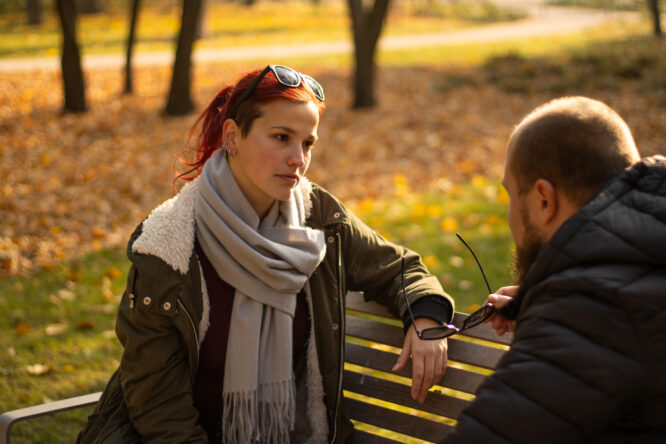
It goes far beyond being kind or easy to talk to. A safe person is someone who creates an atmosphere where you don’t have to edit yourself to feel accepted. They offer more than support—they offer emotional steadiness, accountability, and the kind of presence that helps you breathe easier. If you’ve ever wondered what being a safe person really looks like—or how to recognise one when you meet them—here are some common traits that often show up, even if they don’t draw attention to themselves.
1. They listen without trying to fix you.

A safe person doesn’t rush in with advice the moment you start speaking. They understand that sometimes the most healing thing you can offer someone is space to be heard. You don’t feel like a problem to be solved in their presence—you feel like a human being allowed to feel what they feel.
They know when to hold back, when to nod, when to say “that makes sense,” and when to just sit with you in silence. They trust that you’ll find your own answers, and they respect you enough not to hijack the moment with solutions.
2. They remember what matters to you.
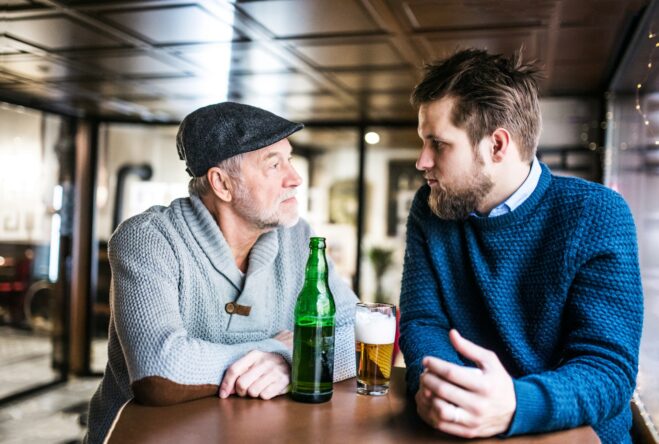
You won’t have to keep reminding a safe person about what you’re going through. If you mention a tough week or a medical appointment, they’ll probably check in without being prompted. They might even remember the name of your boss, your dog, or your childhood nickname.
They’re not trying to be impressive—they’re just attentive. They make a mental note of what matters to you because they care, and they make space for those details in future conversations without making it feel performative.
3. They don’t punish you for setting boundaries.

A safe person won’t guilt-trip you when you say no. They won’t make you feel like you’re selfish for protecting your peace or choosing rest over social plans. They get that boundaries are about care, not control. They don’t need to agree with your limits to respect them. They don’t turn cold, withdrawn, or passive-aggressive in response. With them, “no” doesn’t lead to tension—it leads to understanding.
4. They admit when they’ve been wrong.
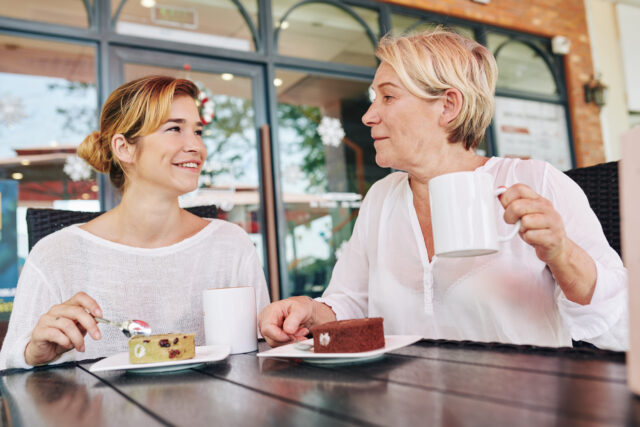
When a safe person realises they’ve messed up, they don’t get defensive or pass the blame. They own it directly and sincerely, often before you even bring it up. And they don’t just apologise—they reflect and do better next time. That willingness to be accountable builds trust in an understated but important way. You know they won’t rewrite history or gaslight you. They can hold their part of the weight, even when it’s uncomfortable.
5. They don’t make everything about them.

Safe people know how to sit in your experience without turning it into a conversation about theirs. They won’t interrupt your story with, “That happened to me too” or try to match your emotions with their own examples. They hold space generously, letting the focus stay on you when you need it. When they do share, it’s thoughtful and relevant, not an attempt to steal the spotlight or compete for attention.
6. They handle your vulnerability with care.
 Source: Unsplash
Source: Unsplash When you open up to a safe person, they don’t tease, dismiss, or use it against you later. Your stories are held like something sacred—not because you asked them to, but because that’s just who they are. They know how rare it is to be trusted with someone’s inner world, and they treat that trust with the weight it deserves. You never leave a deep conversation with them feeling exposed—you leave feeling steadier.
7. They’re consistent, not just when it’s convenient.

Safe people don’t disappear the moment life gets busy or emotional stakes get high. They show up with the same calm, respectful presence, whether things are light and fun or heavy and uncertain. You don’t have to wonder who you’re going to get. Their presence is reliable, and that reliability becomes a kind of emotional anchor when everything else feels in flux.
8. They don’t weaponise your honesty.
 Source: Unsplash
Source: Unsplash If you’ve ever confided in someone only to have it thrown back at you in an argument later, you know how painful that breach is. Safe people never do that. They don’t use your raw moments as leverage or twist your words to gain power. With them, your honesty is safe, even when emotions are high. They may challenge you gently when needed, but they never use your openness as ammunition.
9. They let you take up emotional space.
 Source: Unsplash
Source: Unsplash You don’t have to shrink yourself or minimise your feelings around a safe person. Whether you’re falling apart or just trying to work through something messy, they won’t make you feel like you’re “too much.” They let you talk it out, feel it through, and exist without needing to tidy up your emotions for their comfort. They don’t need you to be okay in order to stay close.
10. They don’t make jokes at your expense.
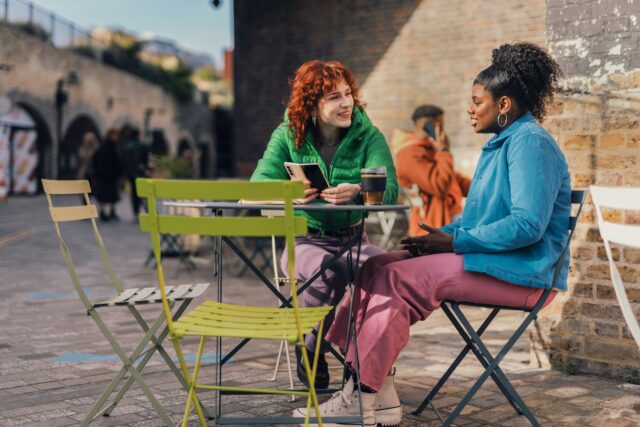 Source: Unsplash
Source: Unsplash Safe people know the difference between shared laughter and subtle humiliation. They don’t throw around personal details for laughs or make you the butt of a story to get attention in a group setting. If they do cross a line, they notice—and they apologise quickly. Their humour never comes at the cost of your dignity, because they value you more than they value the punchline.
11. They’re present, even when there’s nothing in it for them.
 Source: Unsplash
Source: Unsplash Some people are only there when it’s convenient, fun, or socially beneficial. Safe people show up even when there’s nothing to gain. They’re not keeping score. They’re just there—because that’s who they are. That kind of presence builds real trust. You don’t have to perform or offer anything in return to be worthy of their time. They show up because they care, not because they need something from you.
12. They don’t make you feel like a burden
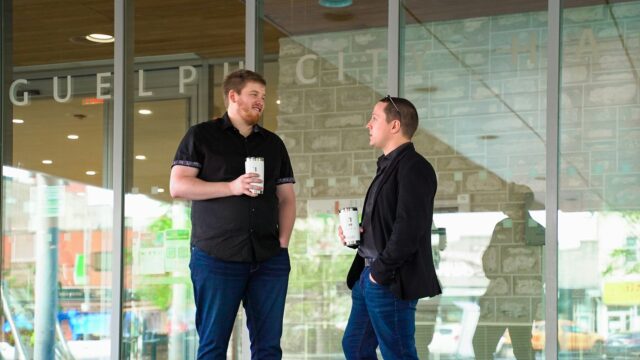 Source: Unsplash
Source: Unsplash Even when you’re low, anxious, or stuck in a spiral, a safe person never makes you feel like you’re exhausting to be around. They might not have all the answers, but they make it clear that your presence isn’t a problem to manage. They leave you with the calm reassurance that you’re still lovable, even on your messiest days. That level of emotional safety is rare, but unforgettable once you experience it.
13. They honour your privacy.
 Source: Unsplash
Source: Unsplash If you tell a safe person something in confidence, it stays with them. They don’t leak your story in whispers or “accidentally” let things slip for attention. Your business stays your business. Even outside of secrets, they’re respectful about what’s theirs to share and what isn’t. You never have to worry that a vulnerable conversation will be repeated for shock value or gossip.
14. They allow you to disagree without pulling away.
 Source: Unsplash
Source: Unsplash Safe people don’t need you to mirror their opinions or values in order to stay connected. You can challenge them, push back, or offer a different view, and they won’t make you pay for it emotionally. They see disagreement as part of real, respectful relationships—not a threat to connection. That security makes space for honest, nuanced conversations rather than performative agreement.
15. They encourage your autonomy.
 Source: Unsplash
Source: Unsplash Safe people don’t try to control you, fix you, or steer your decisions behind the scenes. They trust that you know what’s best for you, and if you’re unsure, they offer support without pressure. They want to see you thrive as your full self, not as a version that fits their comfort zone. That kind of encouragement doesn’t just feel safe—it feels freeing.
16. You feel like more of yourself around them, not less.
 Source: Unsplash
Source: Unsplash Perhaps the most telling sign of a safe person is how you feel in their presence. You don’t feel guarded or careful. You feel a little more relaxed, a little more honest, and a lot more like yourself. With them, you don’t just feel accepted—you feel welcomed. And that feeling isn’t something you can fake. It’s earned, built, and offered through consistent care over time.




